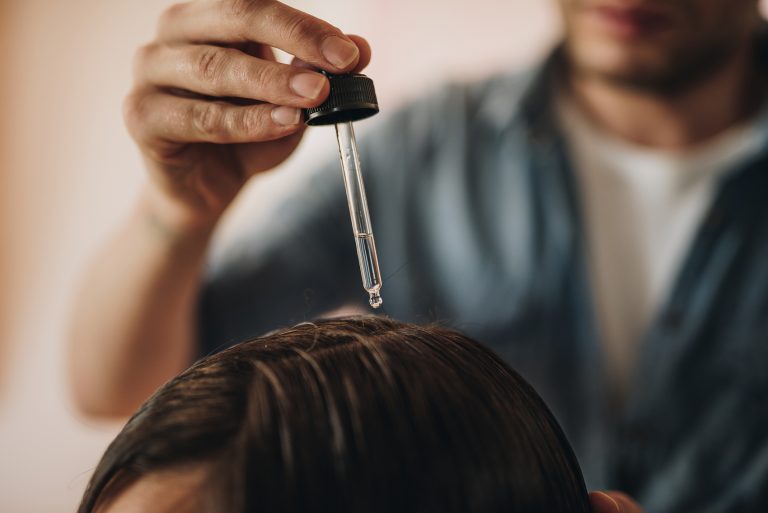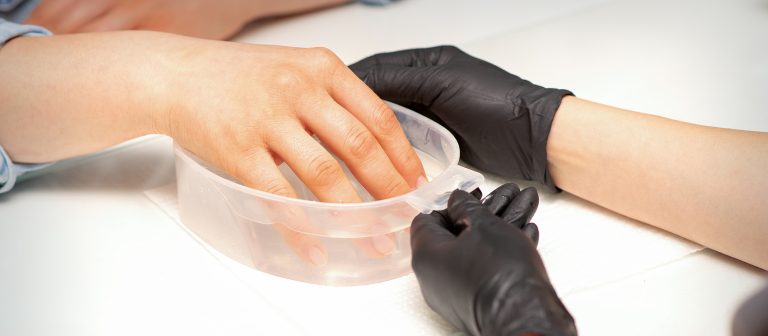Antiseptics, commonly known as skin disinfectants, are chemicals that clean the skin and wounds by killing and preventing the growth of harmful microorganisms. They are often used to maintain skin health, with antiseptic sprays being a popular choice.
What Are Antiseptics?
Antiseptics are chemicals applied to the skin to reduce the number of microorganisms. They are often used on wounds and mucous membranes and come in various forms with different uses, side effects, costs, and levels of effectiveness. You can find antiseptic sprays and other formulations over the counter, commonly used by healthcare professionals before medical procedures or at home for minor cuts or wounds.
Antiseptics vs. Disinfectants
While both antiseptics and disinfectants kill germs, they serve different purposes. Antiseptics are used on the skin, whereas disinfectants are meant for cleaning surfaces. Although they often share similar ingredients, disinfectants have higher chemical concentrations, making them unsuitable for skin use. For skin disinfection, it’s best to opt for an antiseptic spray.
Non-Drying Antiseptic Options
Many antiseptics, especially those containing alcohols like isopropyl and ethyl, can dry out the skin. For a gentler option, consider non-drying antiseptic formulas, such as those with hypochlorous solutions, which are non-drying, non-irritating, and non-stinging.

Common Uses of Antiseptic Sprays
Antiseptic sprays have various uses, including:
- Preventing skin infections, especially in cuts, scrapes, or minor burns.
- Acting as a substitute for handwashing in dry conditions.
- Preparing skin before medical procedures.
Safety Tips and Precautions
When using antiseptics at home, always follow the safety instructions on the label. Overuse can cause irritation or chemical burns. Opt for alcohol-free, paraben-free, and dermatologically tested antiseptics to minimize risks. Before purchasing, check the ingredient list to ensure it doesn’t contain harmful substances.
Avoid using antiseptics on eyes, large wounds, burns, or areas with foreign objects embedded in the skin. Remember, disinfectants are not meant for skin use and should only be used on surfaces. When in doubt, consult with a healthcare provider before using any antiseptic product.






